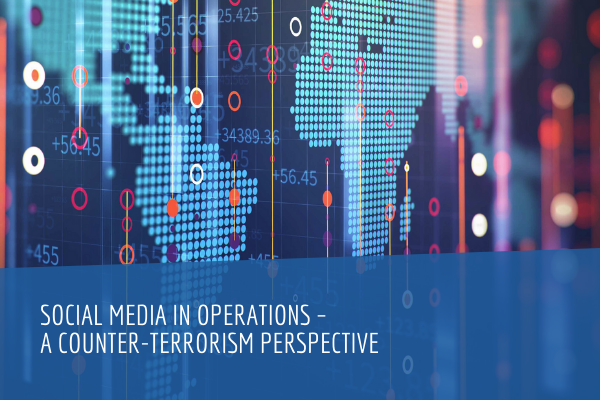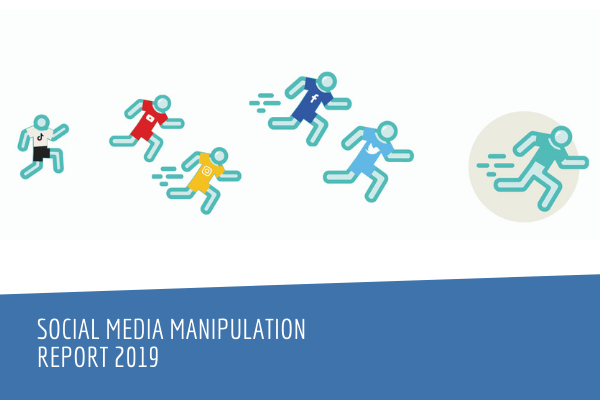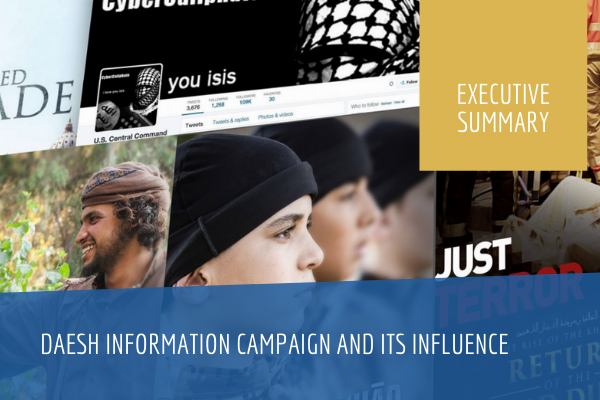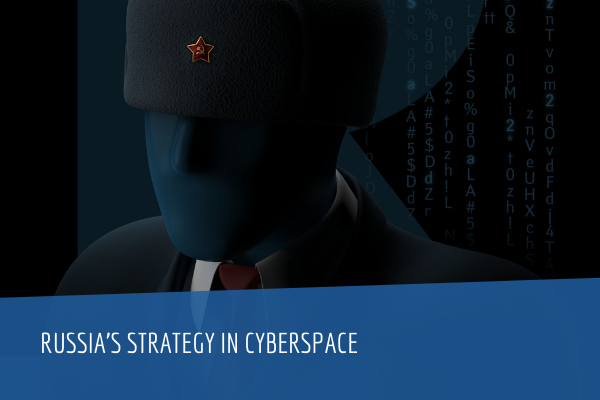About the report
As part of ongoing efforts to further develop the CT perspective on social media, the NATO Centre of Excellence-Defence against Terrorism (COE-DAT) and the NATO StratCom COE conducted a workshop on ‘The exploitation of social media on operations’ in September 2017. The views were collected of over 20 social media experts and analysts, as well as NATO CT experts. The aim of the workshop was to develop the overall approach of the military’s use of social media to deliver effects in CT scenarios. As such, the workshop can also be seen as part of both centres’ contribution to strengthening of NATO’s fight against terrorism.
This report provides a summary of those discussions. A brief outline of the panel’s main presentations is provided as well as a summary of the following questions discussed during the Q&A.
- Can hard-line terrorist groups with extremist narratives be effectively countered with messaging or would it be better to focus on those individuals and groups on the brink of radicalisation and joining a terrorist group?
- Assuming that former terrorists enjoy high credibility within the target audience (with reference to “Breaking the ISIS Brand” by Anne Speckhardt), how could or should they be integrated within military operations?
- What would such operations look like?
- Can offensive Cyberspace and Information Operations extend the role of the military within Countering Violent Extremism (CVE) programmes?
- How could CT-related social media expertise be integrated into HQ structures?
- Is it possible to develop reach-back capabilities to support deployed forces?
- What tools are there to offensively counter aggressive strategic narratives and which of them are in use in military entities of NATO and the nations?
- Which information from social media is relevant from an intelligence analyst’s viewpoint and which tools are used for social media analysis in military entities?
- Once key influencers and propaganda distribution centres have been identified, should the military take measures to impede the spread of certain messages? In such cases, is the military capable of doing so or would this require external / industry support?
- How are CT aspects reflected in the roles and responsibilities of existing functions and capabilities, such as StratCom, Info Ops, PA, and PSYOPS? Which concepts / doctrine could be improved and updated?
- How does the social media industry counter terrorism and where would cooperation with the military be beneficial?
We hope that those who could not attend the workshop can enjoy the content of this publication – as well as spark their interest in future activities dealing with this important topic.






